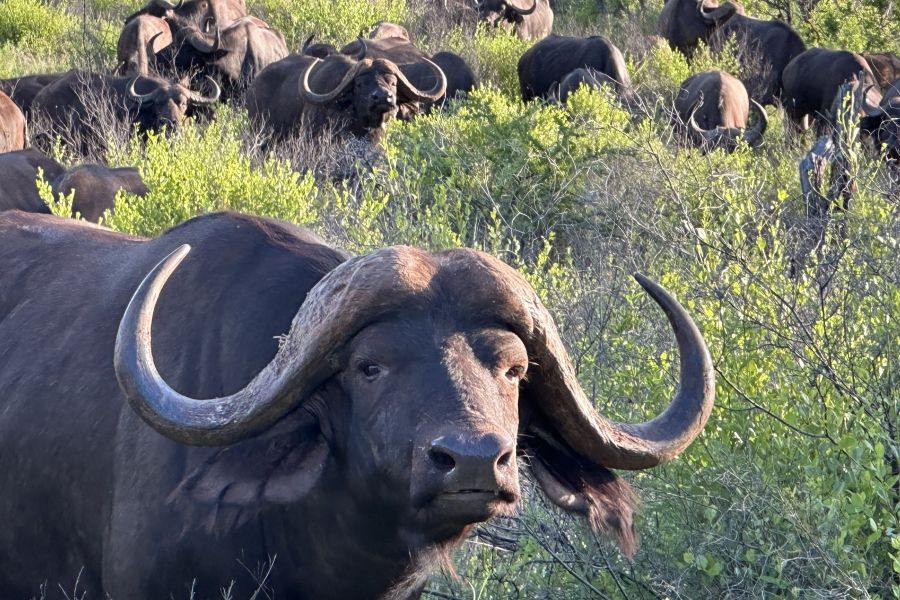
Elucidating the Role of Wildlife in the Transmission of Coxiella burnetii (Q Fever)

Challenge
Q fever, a zoonotic disease caused by the bacterium Coxiella burnetii, is underdiagnosed and poorly understood in sub-Saharan Africa. While domestic ruminants are recognised reservoirs, the extent to which wildlife contributes to transmission, particularly in areas where nomadic pastoralism overlaps with conservation land, remains unclear. This knowledge gap hinders accurate risk assessment and the development of effective public health interventions.
Solution
This project investigates C. burnetii exposure in wildlife across northern Namibia and South Africa, focusing specifically on Etosha and Kruger National Parks. Using archived biological samples, the study applies molecular and serological techniques to assess infection prevalence and genetic diversity in key wildlife species such as African buffalo, kudu, impala, wildebeest, and zebra. It aims to elucidate potential transmission routes at the wildlife-livestock-human interface, especially in regions with overlapping land use.
Impact
This project will provide the first cross-border wildlife surveillance data on C. burnetii in southern Africa, offering crucial insights for One Health risk mitigation efforts. By clarifying the role of wildlife in disease maintenance and transmission, it will help shape public health and veterinary policies, support capacity development in wildlife epidemiology, and contribute to integrated disease control frameworks that span national boundaries and conservation landscapes.
Partners
- Namibia University of Science and Technology (NUST)
- Central Veterinary Laboratory (CVL), Namibia
- Ministry of Environment, Forestry and Tourism (Namibia)
- Lin-Mari de Klerk-Lorist (State veterinarian, Kruger National Park)
